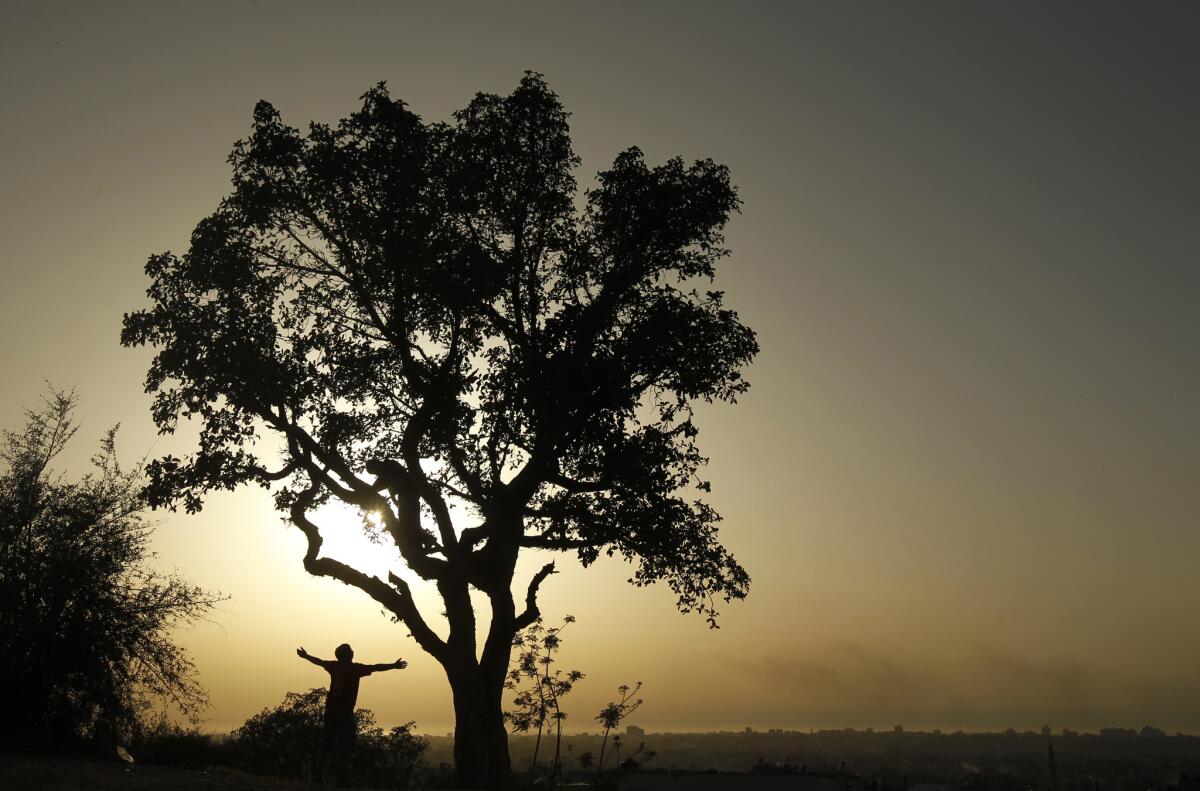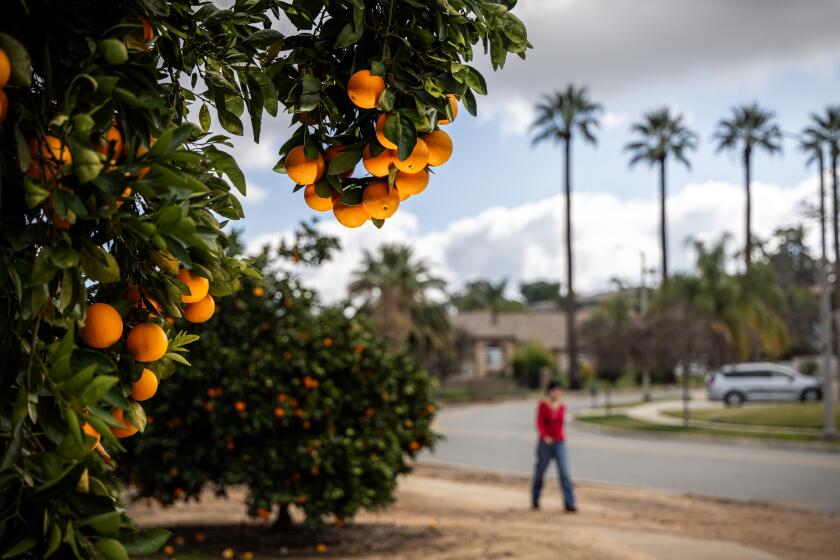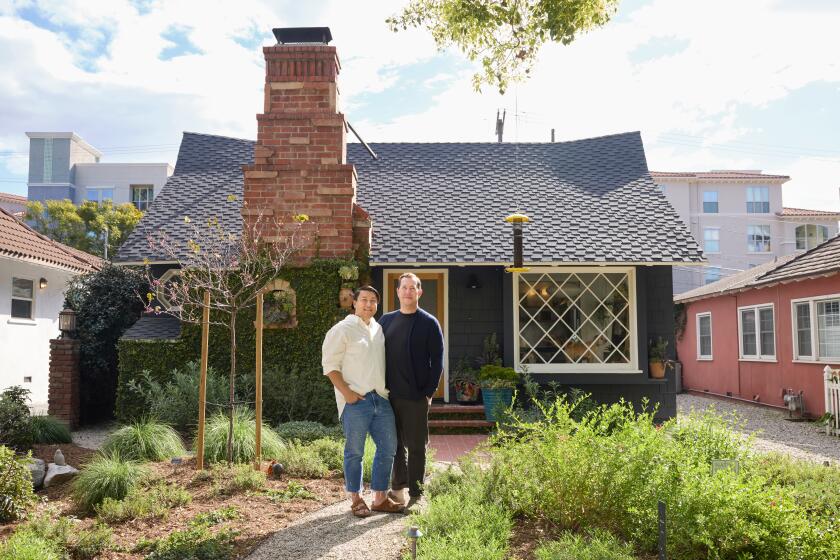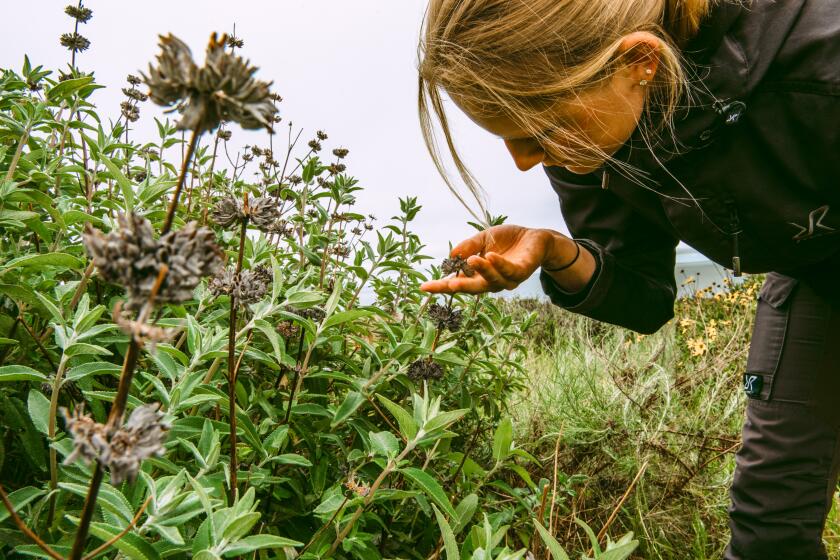A season to wait for the family branches to grow true

The round-lobed sweetgum I planted a few months months ago appears to be tilting a little to the north, like a Russian skyscraper or a knobby-kneed college center. I fear it may never right itself. It will only grow taller and more obviously wrong.
So it is with sons. Can you right them once they’ve rooted? Can dads and sons right each other?
With fathers, you sort of get what you get. No one ever gets to choose his old man.
If you did, you’d never pick a dad who plants crooked trees or eats oysters like nachos and prefers brats boiled in beer.
As an old-school American male, I am ornery one moment and wry the next. I yammer at traffic. I curse the TV, especially when Peyton Manning appears, trying to convince us that he actually drives a Buick. It blends my natural animosity toward other drivers with my paranoia over being hoodwinked.
The rest of the time I’m pretty content, ranting over the follies of the world but in silly-funny ways, and weekly for the past 15 years, in a column that’s distributed halfway to the moon. Can’t be easy being the son of a man like that.
No, you don’t get to pick your father.
Or your sons.
My younger son, only 11, is still at that easy-breezy age. He looks at me and sees Zeus. Thinks I sublet the stars, control the tides, invented Velcro and whipped cream.
With each new day, a fifth-grader fills more of the world. He’ll add muscles between breakfast and lunch. I see him now stretched out on the couch he outgrew this afternoon, taller than he was five breaths before.
Dear gawd, make all children as easy as an 11-year-old. A life without caution or care. When he gets unhappy, I buy him a Slurpee.
For years, the Little Guy has been a main player in the column, replacing his older brother, the Boy, who sort of aged out of that slapstick suburban world. He’d grown older, and more testy. He disappeared only in print. In my life, he was a constant. A joy some days. Some days not. Tall, handsome and a handful.
We got along lousy for a while. Now we get along better, and, eventually, we will get along great. Because that’s what guys do, persevere around the tripwires of passive-aggressive paternal love. Till both — son and father — grow up a little more.
As with most men, we are better/happier when we’re doing things. Last summer, we took a long, grinding hike through the mountains, two agonizing days when he bounded up a 9,000-foot chunk of Sierra granite as if it were merely a 10-inch-high pitching mound.
I loped behind, an aging Lawrence of Arabia. Fleas clung to me. Horseflies gnawed my ears. Aphids ate my AARP card.
It was perfect.
With jaunts like these, I show that I love him. Only rarely do I come right out and say those words. Maybe you can, maybe your old man could. I’m not that guy.
To me, it seems too touchy-feely. It would also jeopardize the easy and irreverent camaraderie we’ve finally established.
Admittedly, closing emotional distance is a good thing, but were I to suddenly sit my 28-year-old son down tomorrow to tell him point blank: “Love you, dude. Love the way you’re turning out. Proud of the man you’re becoming,” I might get laughed off the couch. He’d look at me blankly, waiting for the punch line.
We’ve got some work left to do, he and I. I fear for his future, his livelihood, the challenges he faces from a less-benevolent world that no longer values loyalty or teamwork. I think he should do more. He thinks I could do more to help. The truth teeters somewhere between. But I love him unconditionally. Some men can say that. Some can’t.
So in lieu of those words, I show my feelings with random little gestures: By taking him camping. By talking curveballs. Or sharing photos, of aspens full with fall, those butterscotch bombshells of the Eastern Sierra.
Crooked trees that eventually righted themselves.
Like fathers. Like sons.




